The government focused on the budget, Gergely Gulyas, minister heading the Prime Minister’s Office, reported after the cabinet meeting. "Difficult years are behind us, and we are submitting a budget that is built on peace and supports families raising children," he said.
Previous measures are also sources of this, the tax relief for families raising children will be doubled next year, and mothers with 3 and 2 children will enjoy personal income tax exemption.
We will maintain the utility cost reduction scheme, the 13th-month pension, hikes to the minimum wage, and we will reduce the deficit and public debt. The tax system will also be simplified. Wage increases will continue, and we hope that changes in the global economic situation and the creation of peace will also be reflected in economic growth, he said.
He also indicated that the government meeting included discussion of the consultative vote. Every citizen with a registered address in Hungary will receive a letter regarding Ukraine’s accession. "Voters’ opinions are decisive in this crucial matter," said the minister, expressing hope that as many people as possible will share their views.
Budget: Here Are the Numbers!
Economy Minister Marton Nagy outlined the macroeconomic conditions under which the budget was prepared.
For next year, a 4.1 percent growth in real GDP is projected, following 2.5 percent this year, with 3.6 percent inflation, down from 4.5 percent this year.
The state budget deficit will be further reduced next year. This indicator is expected to be around 4 percent this year, and it is planned to decrease to 3.7 percent in 2025. Public debt is expected to decline from 73.1 percent of GDP this year to 72.3 percent next year. This is based on a nominal GDP of 88 trillion forints this year and 95 trillion forints next year. Total expenditures will be around 35 trillion forints in 2025, and total revenues are expected to reach about 34 trillion forints. The cash-flow deficit is projected to be around 4.1 trillion forints.
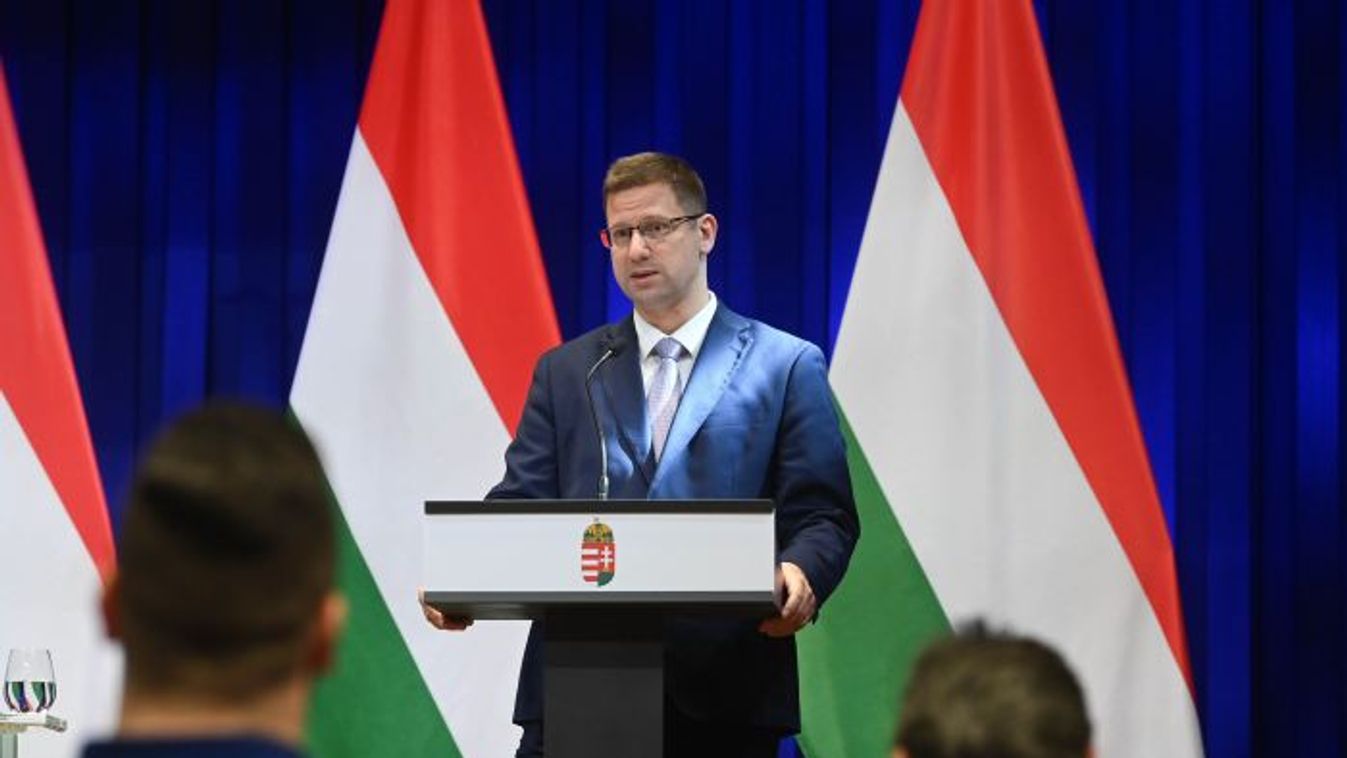
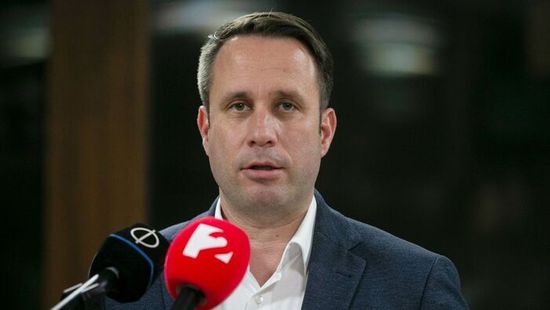
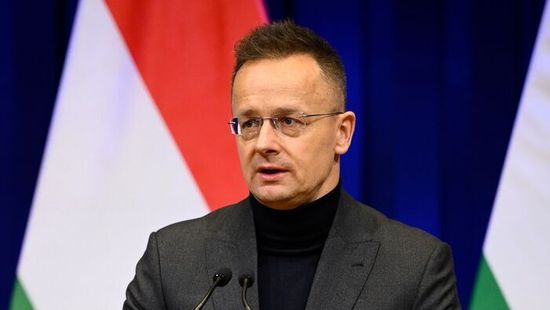

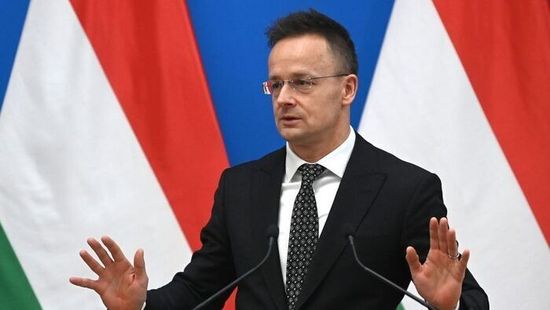

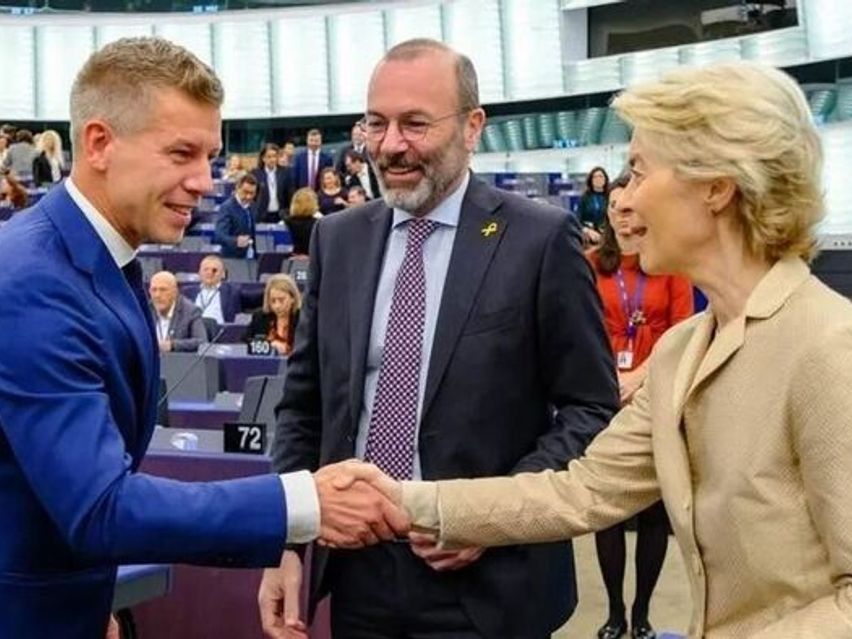
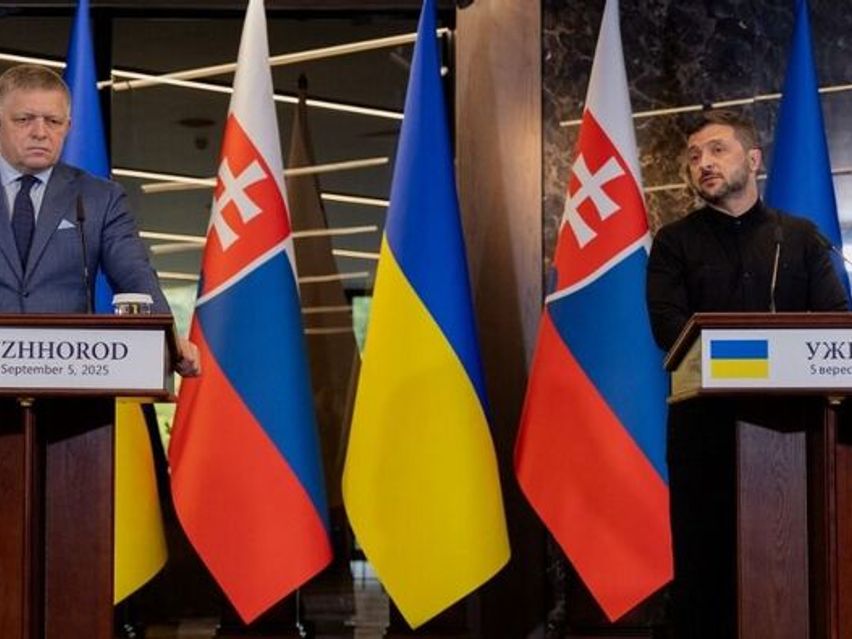







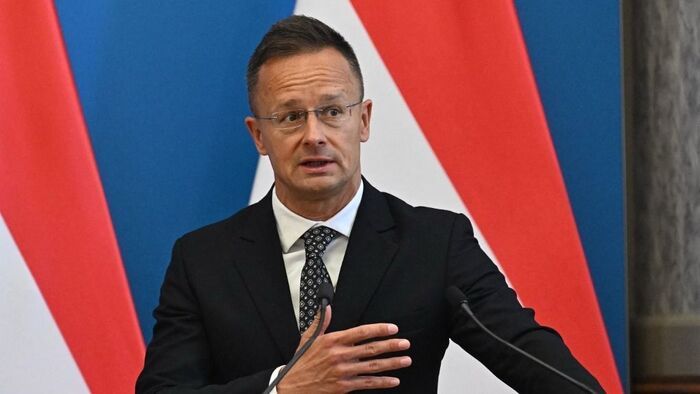
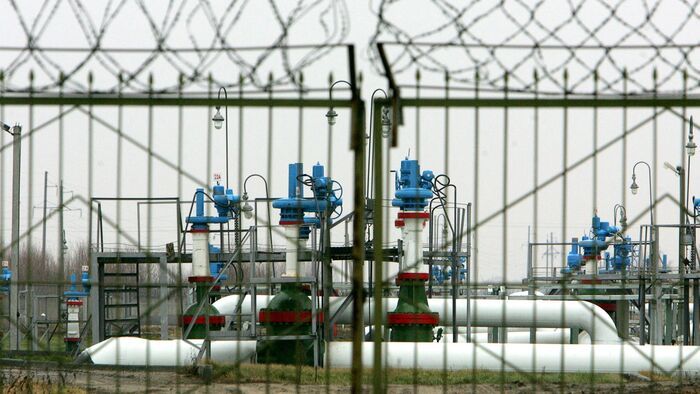
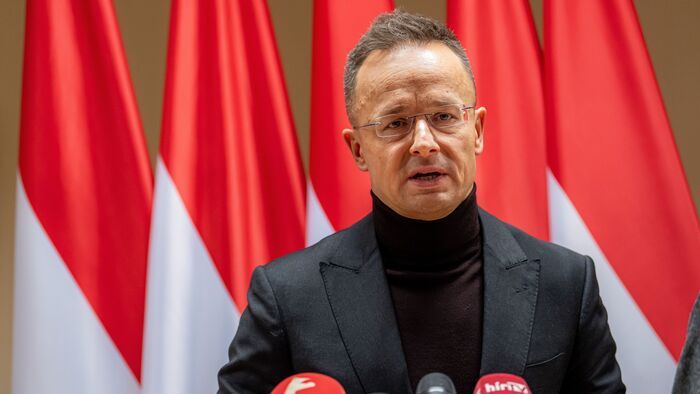





Szóljon hozzá!
Jelenleg csak a hozzászólások egy kis részét látja. Hozzászóláshoz és a további kommentek megtekintéséhez lépjen be, vagy regisztráljon!